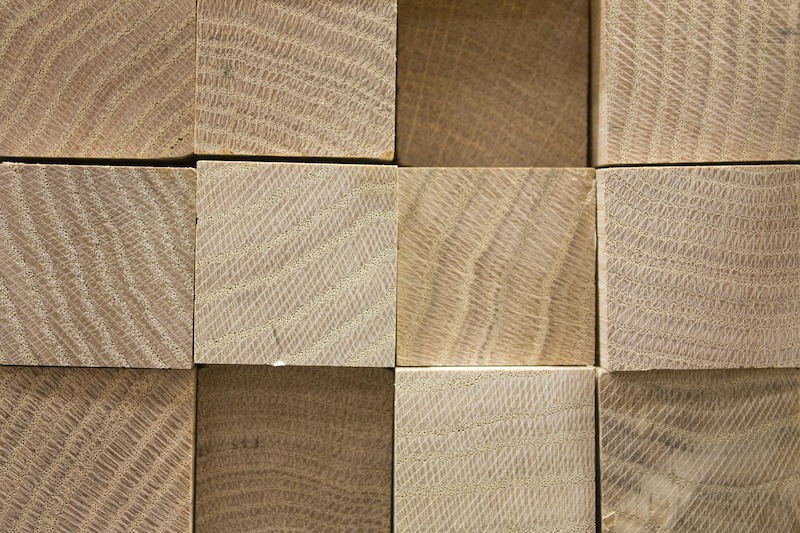The Georgia Legislature passed a bill this year to allow tall mass timber structures to be built in the state. The governor recently signed the bill.
The next step: The state’s Department of Community Affairs will review the 2021 edition of the International Building Code to consider amending the state minimum standard codes to allow tall mass timber construction types. The agency will begin its review this summer, and complete its work by July 1, 2021.
Mass timber is assembled panels of wood that are six feet or more in at least one dimension. Most mass timber products are laminated assemblies with glue, nails, or dowels used to hold together individual members to form large panels strong enough to serve as structural building material.
Mass timber advocates say the material is less carbon-intensive to make than concrete and steel building material alternatives, and also sequesters carbon. A related bill under consideration would expand the state’s existing carbon sequestration registry to include building products and materials that can demonstrate carbon sequestration. This provides an opportunity for businesses and landowners to begin amassing carbon credits that could eventually be traded in carbon markets.
Related Stories
| Oct 11, 2012
OSHA launches pilot program for alternative dispute resolution on whistleblower complaints
The Occupational Safety and Health Administration (OSHA) is launching an alternative dispute resolution (ADR) pilot program for complaints filed with OSHA's Whistleblower Protection Program.
| Oct 11, 2012
Bill promotes investment in commercial, multifamily retrofits
The Commercial Building Modernization Act recently introduced in the Senate would extend and streamline a current tax deduction to encourage commercial and multifamily residential building owners to perform comprehensive energy-efficient retrofits.
| Oct 11, 2012
Morristown, N.Y., settles code violation dispute with Amish
The town of Morristown, N.Y., has dropped charges of building code violations against local Amish communities to settle a First Amendment complaint.
| Oct 11, 2012
Mesquite, Nev., rebels against state-mandated energy code
The city council of Mesquite, Nev., voted against adopting a new energy efficiency code adopted by the state.
| Oct 11, 2012
Bloomingdale, N.J., restricts ground solar and wind energy installations
The borough of Bloomingdale, N.J., recently adopted regulations for solar-energy and wind energy systems.
| Oct 3, 2012
Bill introduced to extend home energy efficiency tax credit
A bill to extend the expired residential energy efficiency tax credit for installing qualified furnaces, boilers, central air conditioners, and heat pumps was recently filed in the U.S. House of Representatives.
| Oct 3, 2012
OSHA publishes more detailed information on variances
The Occupational Safety and Health Administration (OSHA) enhanced its variances Web page to improve public understanding of the variance approval process and increase access to the agency's decisions regarding variance requests.
| Oct 3, 2012
Online program computes energy savings from green roofs; compares savings with other options
A free online tool can calculate the amount of energy savings from installation of a green roof. Portland State University‘s (PSU’s) online Green Roof Energy Calculator can be used for new or old structures.
| Oct 3, 2012
SERF, CSE launch a new accreditation for evaluation of building sustainability
The Society of Environmentally Responsible Facilities (SERF), a Chicago-based environmental building certification organization, and the Centre for Sustainability and Excellence (CSE) launched a new accreditation program that certifies professionals to evaluate buildings’ sustainable systems and practices according to SERF’s certification criteria.
| Oct 3, 2012
New version of Occupied Space Standard for DC microgrids in buildings released
The EMerge Alliance, an association leading the adoption of safe direct-current (DC) power distribution standards for commercial buildings, has updated the EMerge Alliance Occupied Space standard.















